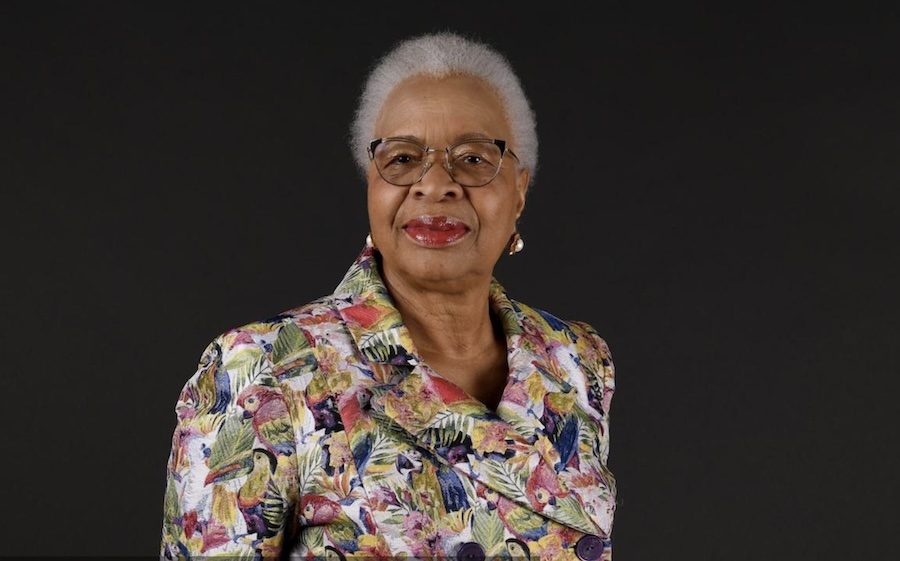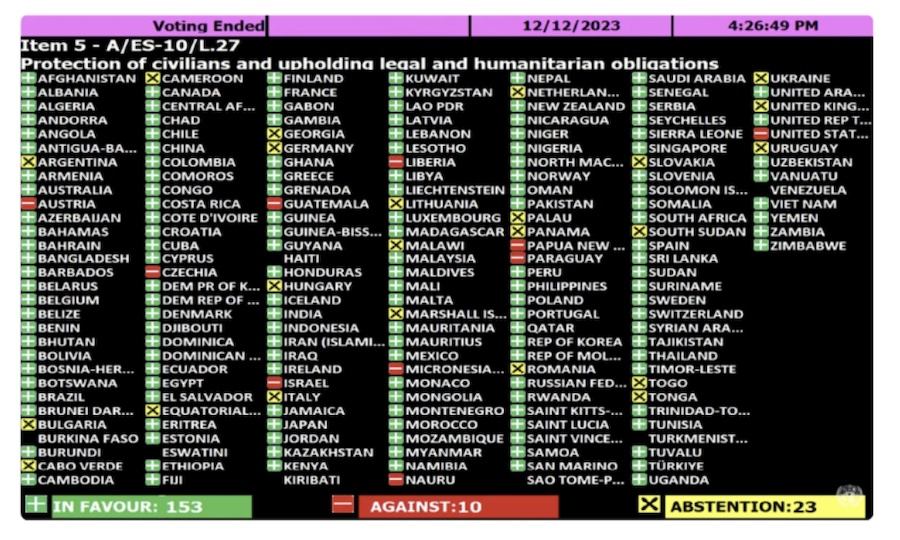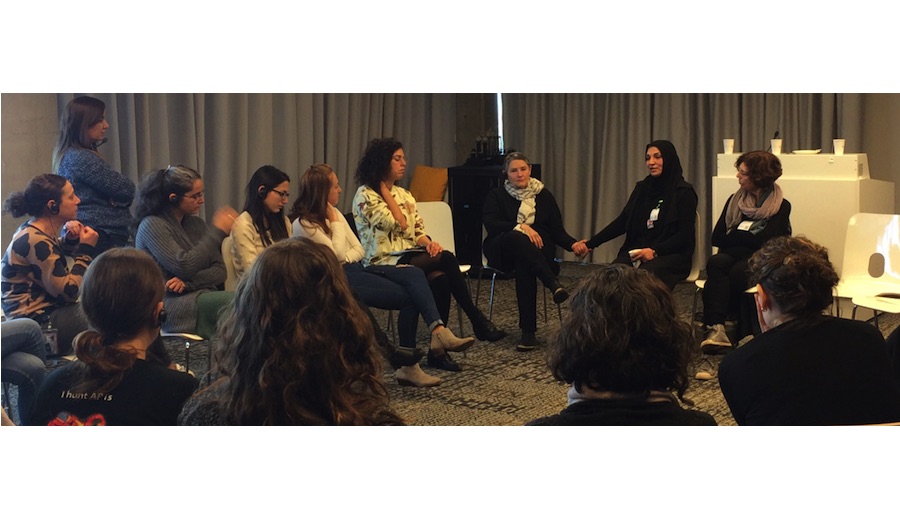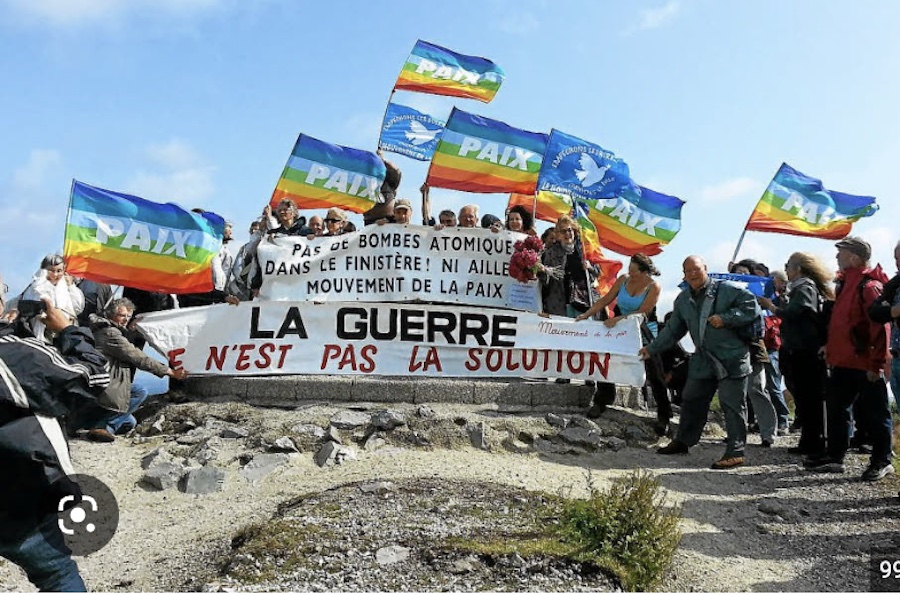. . WOMEN’S EQUALITY . .
An article from The Elders
At the 5th International Conference on Action with Women and Peace, hosted by the Republic of Korea on 30 November 2023, Graça Machel discussed the importance of women’s leadership as an essential component of peacebuilding and called on leaders to prioritise women’s inclusion at decision-making tables.

Photo Credit: Tlhabi Monnakgotla
Read Graça Machel’s speech
Greetings to Foreign Minister Park Jin, Excellencies, Ladies and Gentlemen,
I am grateful to the organizing committee of the ‘5th International Conference on Action with Women and Peace’ for the invitation to address this important convening highlighting the crucial role of women as catalysts for peace. I commend the Republic of Korea for your focus on the Women, Peace and Security agenda as you take up a seat on the UN Security Council next year.
I join you today from my native country of Mozambique, and am honoured to share a few words with you on behalf of my fellow Elders.
As we know, it has been 23 years since the UN Security Council passed Resolution 1325, which set forth a framework mandating women’s meaningful inclusion in peace processes. And yet over two decades later, women are still shockingly in a small minority at negotiating tables worldwide. This is despite the overwhelming evidence which demonstrates that women’s participation is key to ending violence as well as the success and longevity of peace processes.
As we convene today, we see conflict and war raging around the world: from Russia’s invasion of Ukraine, to the brutal Israeli Occupation of Palestine and horrific siege on Gaza, to civil strife in Sudan, the Democratic Republic of Congo, and Myanmar, to name but a few.
Escalating arms races, increased investments in miliary expenditure, and war mongering narratives are dominating politics on a global scale. All this alongside a deepening of toxic patriarchal norms and reversal of generational gains made in women’s rights – with gender-based violence, military aggression, and militarised responses to political problems on the rise.
With so many seeds of destruction being sown the world over, it may feel as though we are headed for complete self-destruction as a human family. There is a silver lining, however: Women and youth are an untapped reservoir as powerful agents for change and for peace. They are the effective force as mediators, negotiators, and peace builders we need. A more inclusive approach to peace making and peacebuilding must be made a priority by world leaders if we are ever to stand a chance of advancing as a human family.
(Article continued in right column)
Do women have a special role to play in the peace movement?
(Article continued from left column)
Let us focus on women’s agency. Women are not only victims of war, but brave survivors and often leaders of peacebuilding efforts across the dividing lines of conflict; at great risk to their own safety and security.
I have seen over and over again—in all corners of the world—the power of women and women’s organizations to bring serenity to spaces of extreme contention.
Women are innate bridge builders. They offer a natural capacity to listen, to empathize, and to allow vulnerability to surface. They bring a unique human perspective to the hardened dynamics of war.
I know firsthand, from my own peacebuilding work in Africa how, when given the respect and platform, women can play an influential role in shaping peace accords and their implementation. They often make sure peace agreements reach to the heart of discord, beyond the competing demands of ego-driven politics. Women mediators and negotiators play a key role in helping to understand root causes of conflict, which then leads to more comprehensive problem solving and a lasting peace.
I have witnessed how women also lay the foundation for the necessary social cohesion in peacebuilding. They think strategically with the long-term end game of a better life for our children and a brighter future for generations to come in mind.
In every corner of the globe, there are great examples of the powerful way in which women have contributed to peace building through their leadership. We must insist, again and again, on the right of women to participate fully and on equal terms with men in conflict resolution and peace-building processes.
It is also women who are the first to shine the spotlight on the gendered impacts of war. They raise the alarm the loudest around sexual abuse and gender-based violence and the moral imperative to end these scourges.
This includes work to prevent and address sexual violence as a weapon of war. The Elders support a survivor-led approach, with survivors’ experiences, rights and needs at the centre of responses to this horrific practice. As both history and current affairs show us, it is to our own collective detriment, when women are absent from formal decision-making tables.
This year marks the 75th anniversary of the Universal Declaration of Human Rights. It must remain our guiding star in addressing all issues of women, peace, and security.
Let it be a reminder that prioritizing women’s inclusion in peacemaking is a global responsibility. Enhancing women’s participation in peacebuilding and conflict prevention, resolution, and post-conflict processes must be the new order of the day.
I urge us all here to find meaningful ways to develop women’s political leadership and ensure women are seated at the main negotiation and decision-making tables, in their capacities as experts, civil society leaders, scholars, lawyers, human rights advocates–in all their professional diversity.
We have the most influential of weapons right here in our midst: the power of female leadership. The time is now to act. We must finance, defend, and protect women peace-builders to do their vital work to prevent and resolve conflict. Any hope we have a for a peaceful and just world, for ourselves and for future generations, depends on it.
I thank you.








